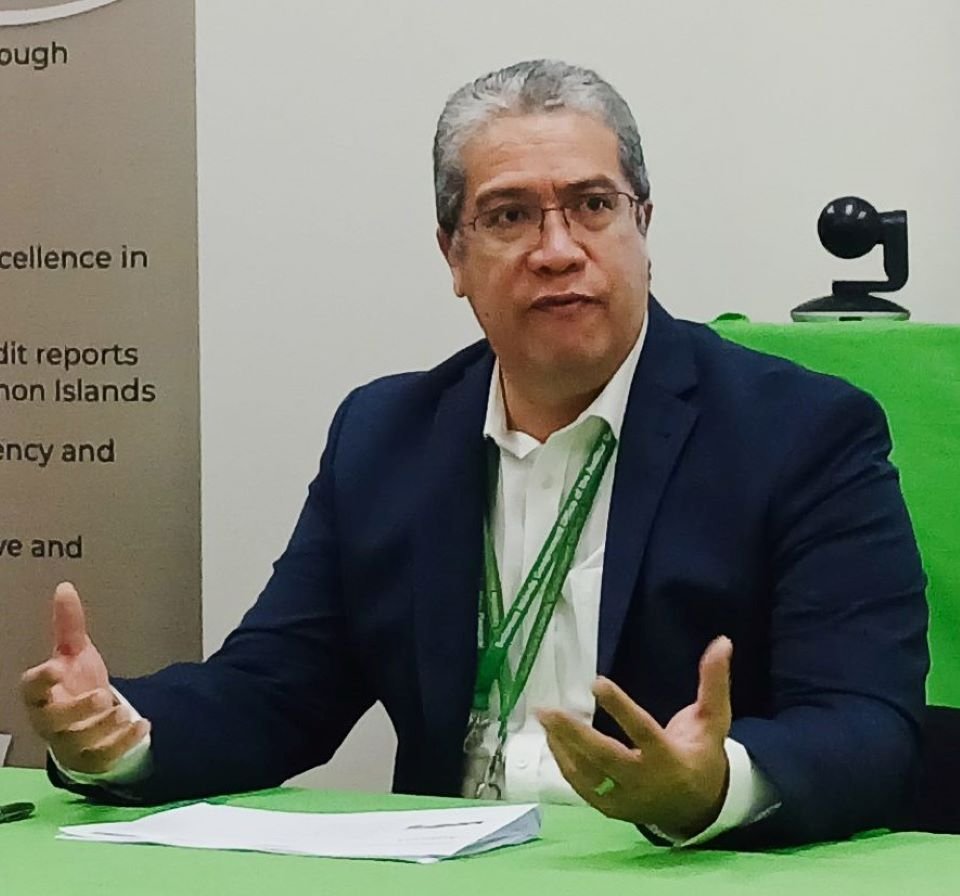
BY CHRIS ALEX
THE Solomon Islands Office of the Auditor General has raised critical concerns over the government’s handling of the Economic Stimulus Package (ESP), particularly regarding the rent relief grants aimed at businesses affected by the COVID-19 pandemic.
The recently released report by the Office of the Auditor General (OAG) sheds light on several troubling aspects of the relief distribution, calling into question the transparency and oversight of the process.
“During the pandemic, when many businesses were forced to close or saw a sharp decline in revenue, the government introduced the Economic Stimulus Package (ESP) to help ease financial burdens. Among the measures was a $4.2 million rent relief fund allocated to 77 businesses, intended to cover rental payments for those hardest hit.”
The grants ranged from $12,600 to three payments of up to $150,000, with the bulk of the relief targeting businesses in Honiara, the capital city.
However, the OAG report has uncovered gaps in how this financial support was managed. Of particular concern is a $420,000 payment to a single bar and restaurant—this payment alone represented 10% of the total amount spent on rent relief.
The OAG found no accompanying application or assessment documentation for this grant, raising red flags about how the funds were distributed and whether proper procedures were followed.
The lack of transparency surrounding this particular transaction is emblematic of a broader issue: insufficient documentation and oversight. The OAG’s audit revealed that four out of twelve businesses that received rent relief funding were not even properly registered—a clear violation of the program’s requirements. Registration was supposed to be a prerequisite for eligibility, yet this crucial condition was overlooked in multiple cases.
While the OAG did not find any direct evidence of undue influence in the allocation of these funds, the irregularities highlighted in the report have sparked concern over the potential for conflicts of interest.
The lack of consistent documentation and transparency, particularly in the face of such significant financial disbursements, undermines public confidence in the government’s management of crisis relief funds.
The findings underscore a larger need for improved governance, particularly during times of crisis when rapid responses can sometimes lead to oversight lapses. Proper checks and balances, clear guidelines, and robust auditing processes are essential to ensure that public funds are allocated fairly and reach those most in need.
As the government faces pressure to address these concerns, there will likely be calls for reforms to strengthen transparency and accountability in future relief measures. The OAG’s report serves as a critical reminder of the importance of careful financial management and the need to protect public trust in the administration of relief programs.